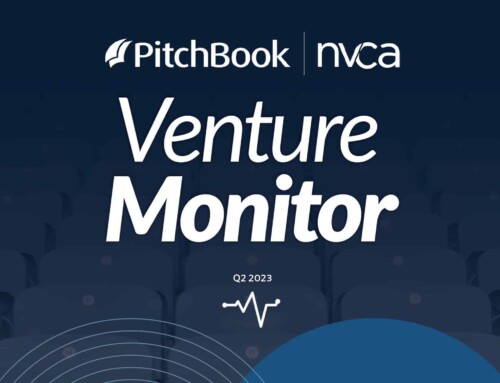Startups often have multiple advisors (I’m lumping “advisors”, “coaches”, and “mentors” together herein for brevity), especially those going through an accelerator program where startup founders are proactively introduced to advisors. [If you have no advisors for your startup, you’re missing a great opportunity – startup founders that have gone through accelerator programs consistently credit advisors as the most valuable part of accelerator programs.]
Sometimes there’s an immediate tendency by CEOs and founders to treat advisors like contributing team members – assigning deliverables with deadlines and aligning goals, which are good practices for managing direct teams. However, the purpose of advisors is to “advise”, not produce deliverables. Following are some key reasons why in fact, you do not want to even try to align your advisors.
1. Wasted Time
You’ll waste a lot of time trying to align advisors. For example, you may be inclined to schedule all of your advisors together in the same meeting(s). That way, you get the combined value from all advisors for just one hour of your time, right? Not so fast. You have to schedule meetings when everyone is available. But these are all busy professionals. Coordinating a common time for multiple advisors and the leadership team can be daunting. I’ve repeatedly seen this delay the start of mentor involvement for weeks. This is precious time lost, especially if the company has continued executing in non-optimal directions.
2. Wasted Value
If you paid for one hour of say golf coaching from each of four professional golfers, would you have all four of them coach you at the same time for one hour? You’ve used one hour of their time for each coach (all four would bill you for that one hour), but if each coached for an equal portion of the time, you only got 15 minutes of each coach’s time. I’d rather get my four combined hours of individual coaching, one hour with each pro for quadruple the total amount of coaching.
But can’t you save time by having at least an all-advisor kick-off onboarding meeting (esp. if you’re advisors start together) so you can update them all at the same time. Sounds good in theory, however, in reality, I find that a) a dialog is much better than just pushing a bunch of info in one direction without back and forth questions, clarification, and feedback; b) it’s difficult to give 100% one-way update without some questions, which will open the door to the following additional challenges; c) advisors will not want to directly contradict each other, so may soften their perspective on advice given to save face for (and avoid damaging relationships with) other advisors; and perhaps most important, d) you won’t get an advisors process – one will make their point and leave time for other advisors to chime in, which will almost certainly take things off track from where the first advisor was going to go. In general, there is more harm to all-advisor meetings than good.
3. Virtually Impossible
Even if you’re not worried about wasted time or wasted value, it’s virtually impossible to get alignment from multiple advisors. Consider the dynamics. In any meeting, you may find one person’s more outspoken voice drowning out softer personalities. That can be true for multi-advisor meetings too. Even with confident advisors, some may not want to openly contradict other advisors’ recommendations. And some professional advisors understandably may not want to give away their secrets in front of other advisors. Plus, crowd-think may sway advisors in similar directions rather than fully greenfielding each individual’s ideas.
4. Inaccurate Conclusions
A group meeting or discussion with multiple advisors may not allow enough time for one or more advisors to complete their thoughts. Or perhaps out of courtesy, an advisor may not fully emphasize an opposing opinion. This can result in the startup team drawing erroneous conclusions. For example, minutes ago I had a 1-on-1 meeting with a mentee/CEO one week after having an all-advisor meeting. He started by mentioning a “consensus” from the all-advisor meeting, when in fact, there was not a consensus. In the all-advisor meeting last week, I had a different opinion on that point, which I politely mentioned, but did not have the time nor opportunity to voice as strongly as I felt.
5. You Actually Don’t Want To
Now, here’s the most important reason you don’t want to try to align your advisors: Consider why you want advisors in the first place. Advisors provide their expertise and opinions. It’s the diversity of thinking that helps you avoid pitfalls and make sharper decisions. Even if you get the same advice from different advisors, that’s not a waste of time, that’s valuable confirmation. But the last thing you want to do is stifle or bias advisor input. Ultimately, you’re looking for experienced guidance where one better made decision could literally mean the difference between success or failure for your business. Sound dramatic? What’s the value of picking the right segment sequencing? Of closing a strategic GTM partnership? Of selling more effectively? Of getting funded?
Leverage the collective experience of your advisors. Opposing opinions may be inconvenient, but weighing the options is your job. Wouldn’t you rather do this from the most informed position possible?








Leave A Comment